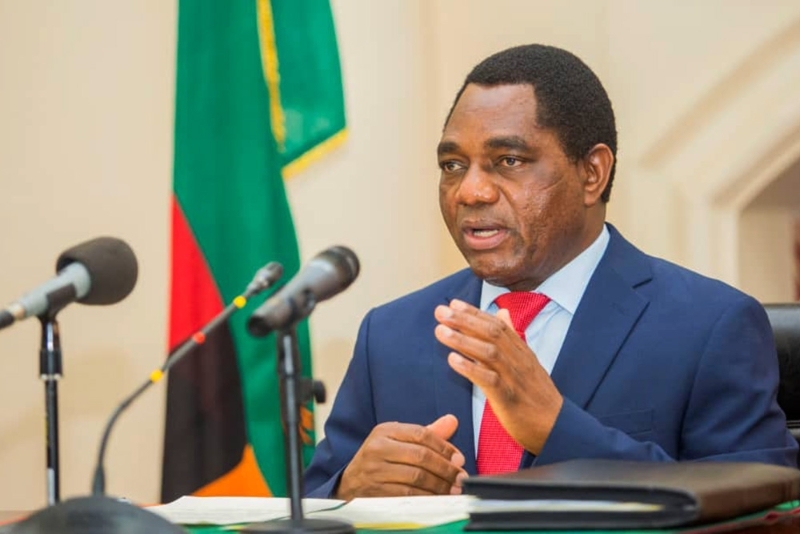The recent statement by the Zambian government urging its citizens in the United States to return home voluntarily has raised serious questions about Africa’s standing in global diplomacy. The announcement came after a meeting between President Hakainde Hichilema and the U.S. ambassador, but what exactly was said behind closed doors? Did our president assert the dignity of his people, or was it business as usual—another session of bowing and scraping before Western powers?
Too often, African leaders step into diplomatic meetings with Western governments as if entering a confession room, not a negotiation table. Heads bowed, voices lowered, and a visible air of submission. They don’t present themselves as equals. Instead, they come off as grateful dependents, deferential and desperate. This is not diplomacy—it is neo-colonial subservience.
Take the U.S. visa regime as a case in point. Every year, thousands of Africans are denied entry into the United States after an opaque and humiliating process. Long queues form outside American embassies across the continent, with applicants standing under scorching sun or pouring rain. There are no shelters, no proper waiting areas, no consideration for the elderly or disabled. This is not a mere oversight. It is a deliberate show of power—a silent reminder of who matters and who does not.
The costs are staggering. Today, applying for a U.S. visa can cost more than $500, with no guarantee of approval and no refund if denied. Multiply that by thousands of applicants and you see the truth: this is not aid. It is reverse aid. Africans are effectively funding the American system, paying millions for the privilege of rejection, while our governments stay silent.
Meanwhile, American passport holders stroll into our countries visa-free, without paying a kobo. If reciprocity is the foundation of diplomacy, how did we allow such a one-sided arrangement? No serious country lets its citizens be treated like beggars abroad while opening the gates wide for foreigners at home.
The excuse is always the same—tourism. We are told we must not upset wealthy visitors, lest their dollars stop flowing in. But this is a dangerous myth. Over-reliance on tourism is a recipe for economic dependency, not sustainable growth. Development cannot be built on tips from tourists. Yet, African leaders cling to this illusion, turning our countries into eternal hosts rather than self-reliant economies.
The truth is, Africa does not need the West as much as the West needs Africa. Our continent holds the minerals, energy resources, fertile land, and labor that will power the 21st century. That is why Washington frets over China’s Belt and Road Initiative and Russia’s growing presence in Africa. But instead of recognizing this strength, we still behave like it’s the 1960s—pleading for aid while surrendering sovereignty.
Even our own voices, like Dambisa Moyo, have warned us: foreign aid is not charity. It is leverage. It is a tool to keep African nations dependent and compliant. Leaders accept it because it shields them from accountability. When they mismanage resources, they plug the gaps with donor funds and call it “development.” But true development starts with dignity, not dependency.
It is time to reject the myth of Western benevolence. Visa reform is not a petty diplomatic game; it is a declaration of equality. It says we will not accept humiliation in exchange for access.
Our leaders must learn to speak as equals, not supplicants. Sovereignty is not about flags and anthems; it is about having the courage to say no and mean it.
The world is changing. Africa must rise to meet it—on its feet, not on its knees.
